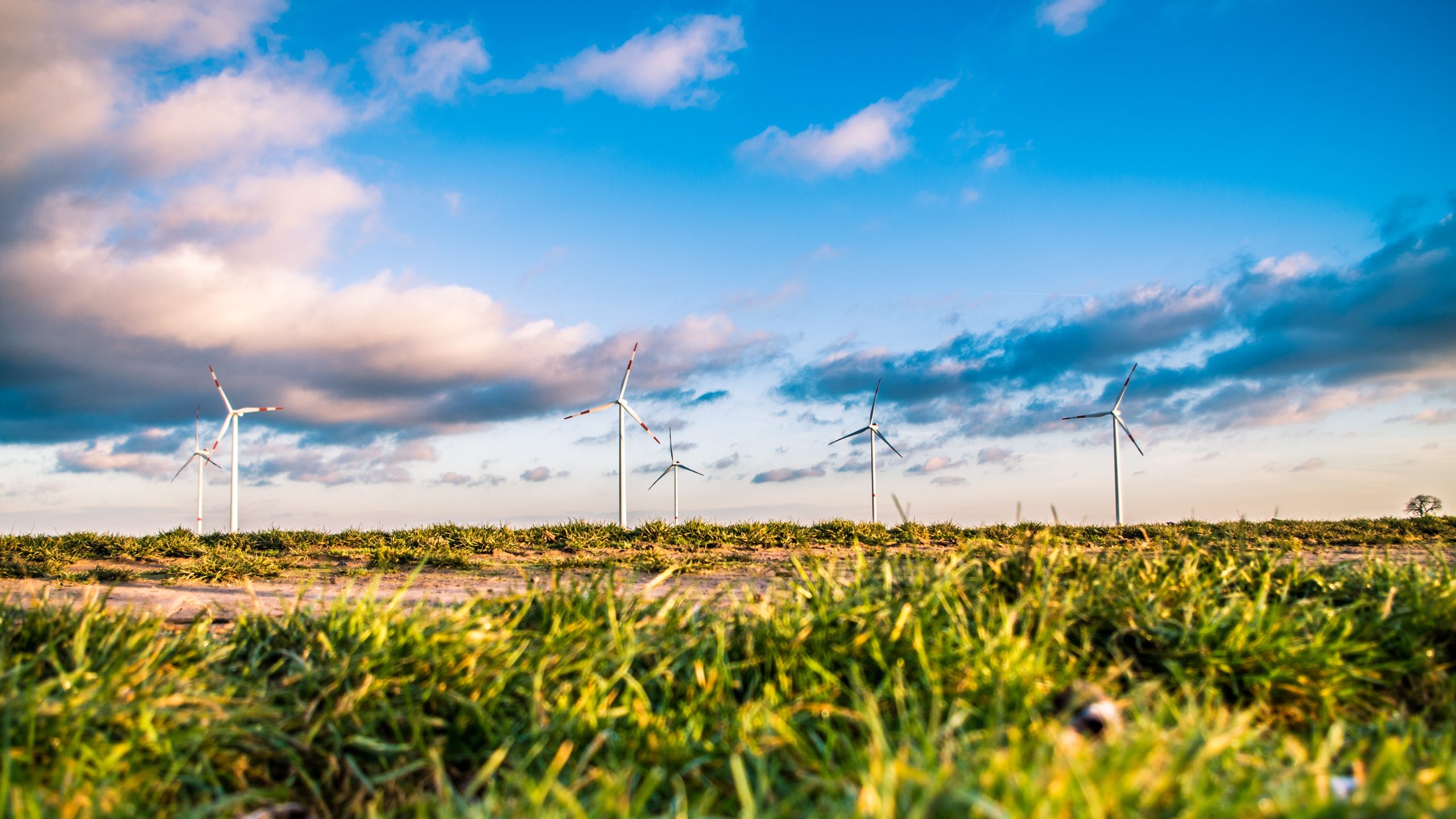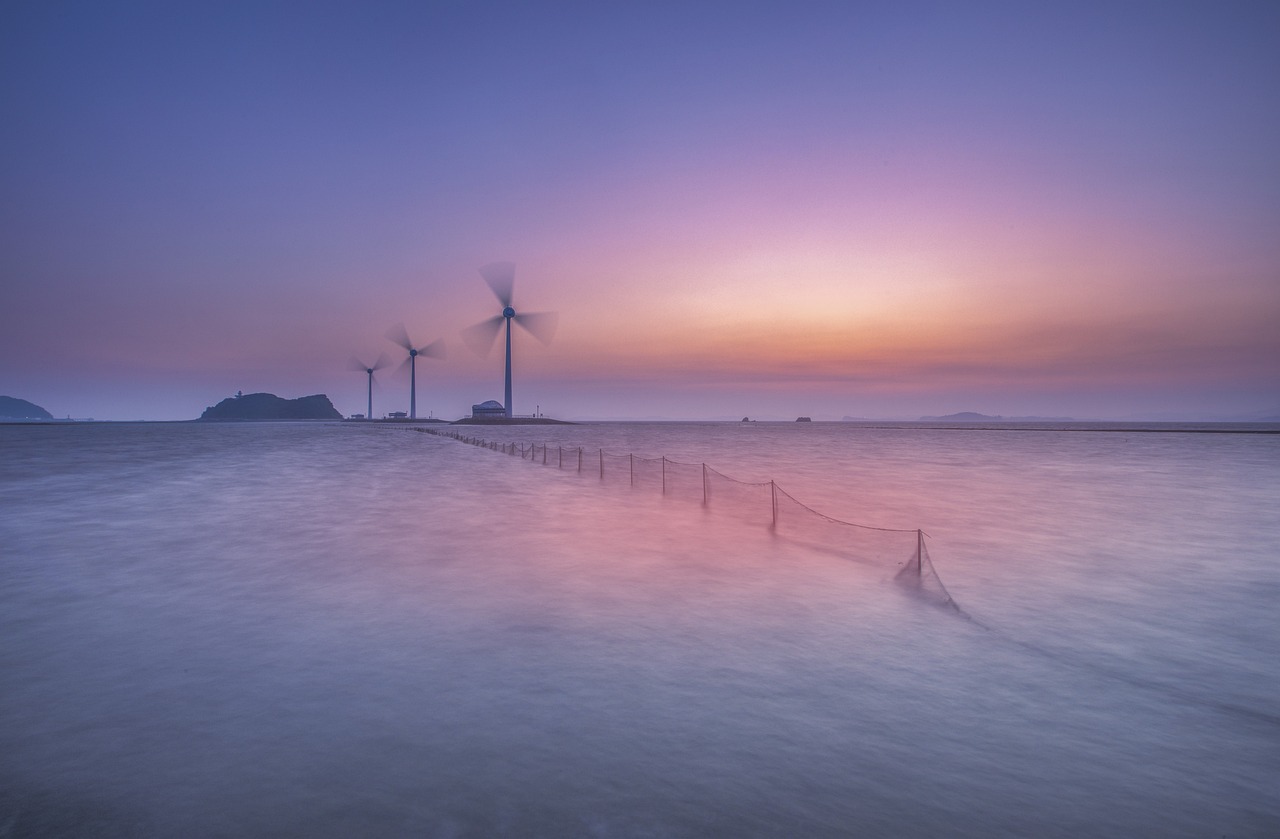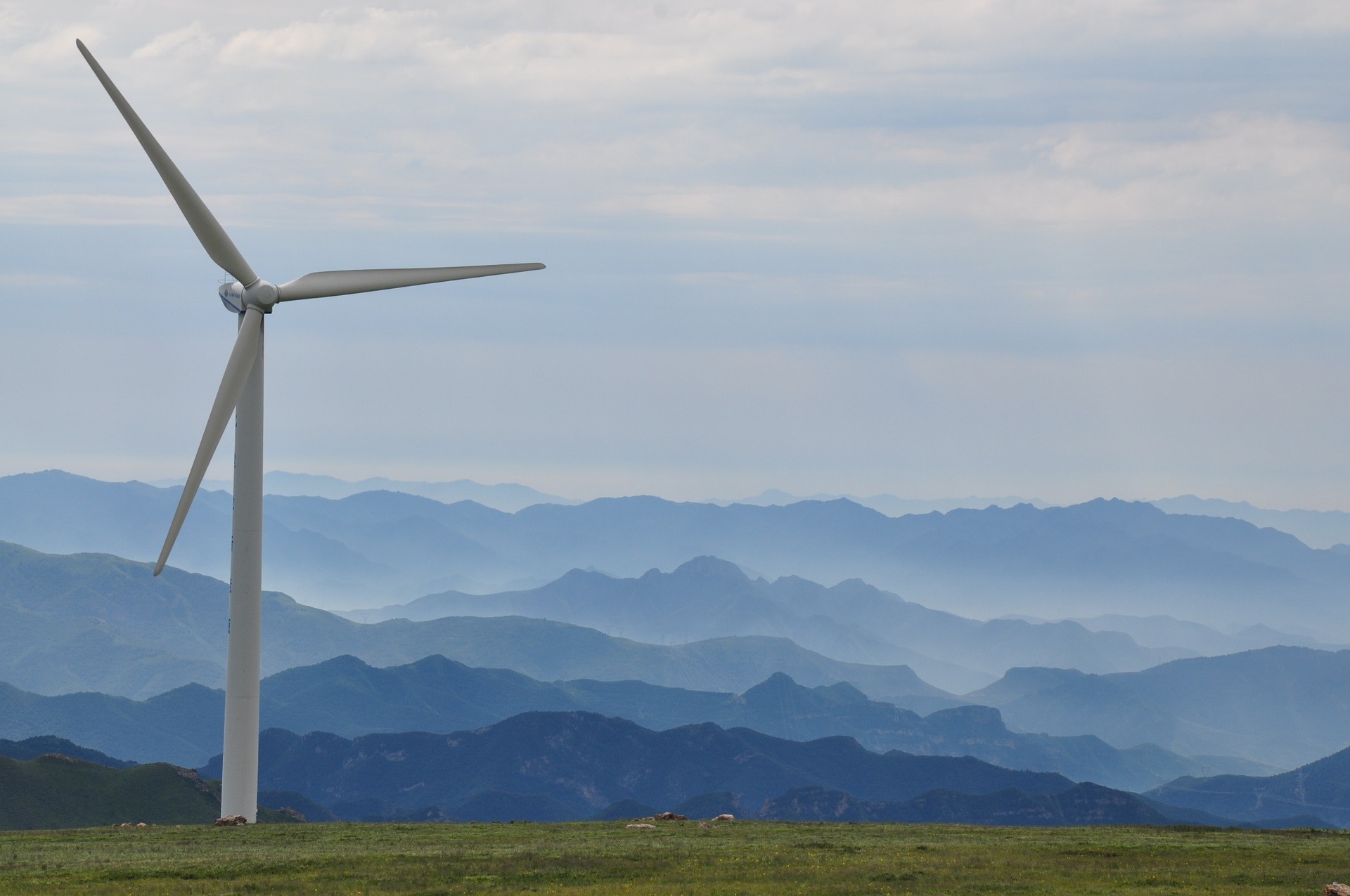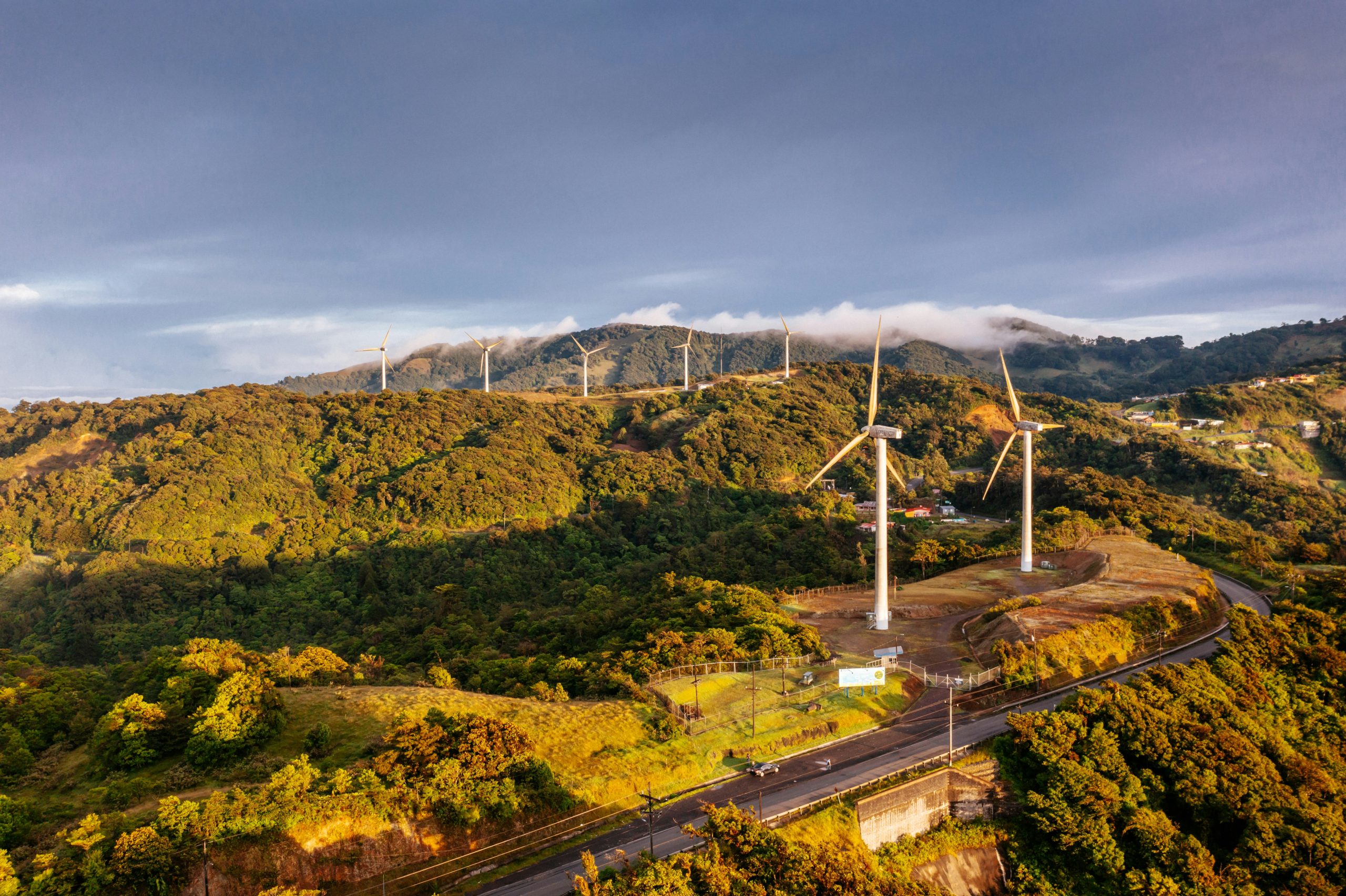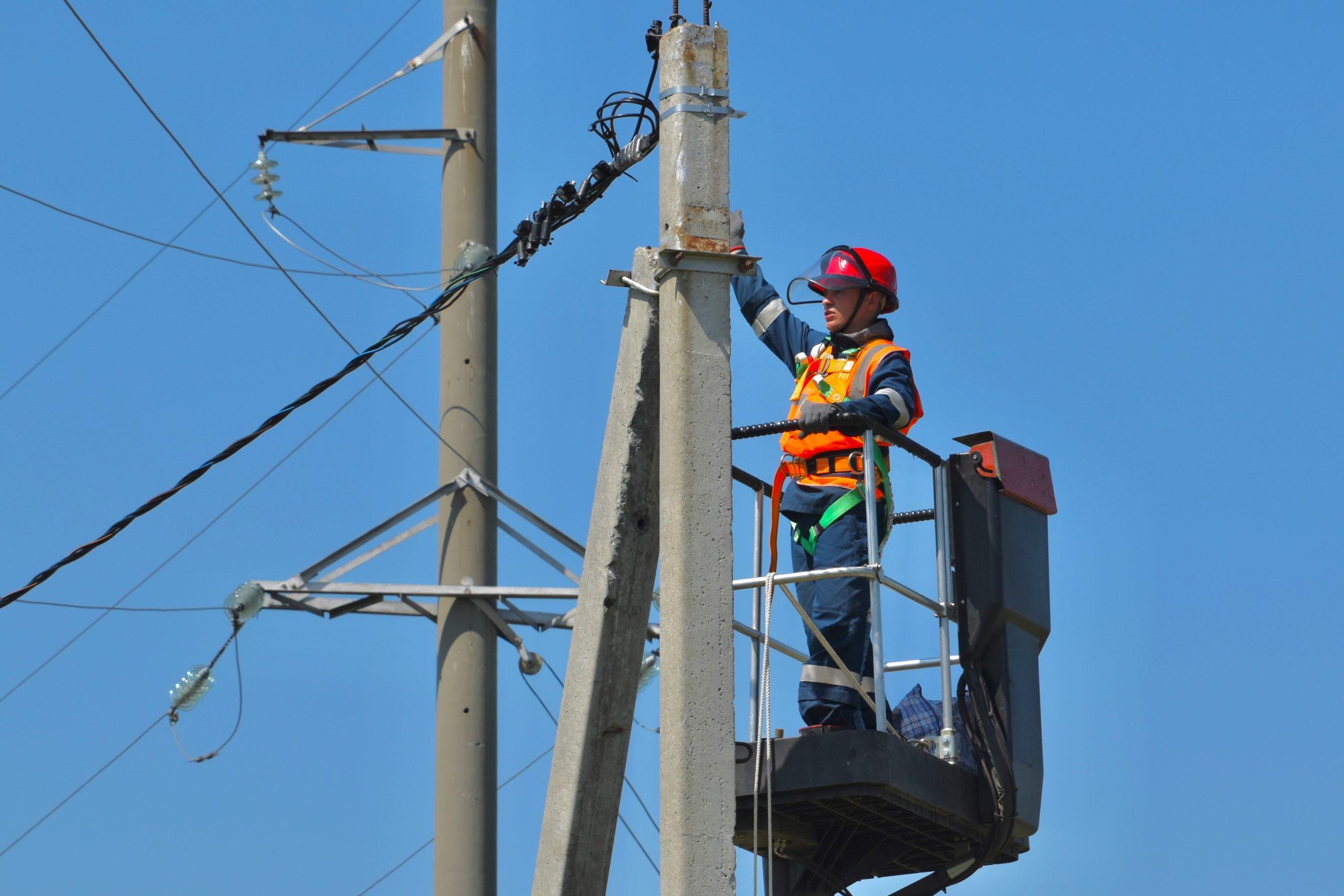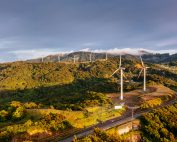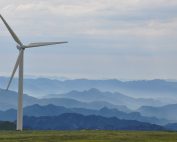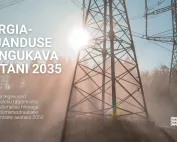In the ever-evolving landscape of global energy transition, the Baltic Sea countries have emerged as shining examples of effective energy transformation. According to the latest report from the World Economic Forum, titled “Fostering Effective Energy Transition,” four countries bordering the Baltic Sea have secured places in the top 10 of the Energy Transition Index (ETI). This achievement not only underscores their commitment to sustainable energy but also highlights the broader trends and challenges within the global energy transition landscape.
The Global Energy Transformation
Over the past decade, the world has witnessed a seismic shift in energy dynamics. Investments in renewable energy have outpaced those in fossil fuels, marking a significant milestone in the transition to cleaner and more sustainable energy sources. Energy and climate policies have taken center stage on both domestic and international fronts, emphasizing the importance of addressing climate change and transitioning to greener alternatives.

Furthermore, the geopolitical landscape of energy has seen substantial changes. New superpowers have emerged in renewable energy component manufacturing, critical minerals, and clean technology, altering the traditional energy hierarchy. This transformation has redefined the frontiers of energy innovation, with numerous entrepreneurs working to reshape the industry.
The Role of the Energy Transition Index (ETI)
Amid these profound changes, the Energy Transition Index (ETI) by the World Economic Forum has provided valuable insights to policymakers. It offers a comprehensive framework for evaluating a nation’s energy system performance and readiness for transition. By benchmarking countries on these criteria, the ETI helps chart the course for a sustainable energy future.
Baltic Sea Countries in the Top 10
In the latest ETI rankings, four Baltic Sea countries have secured top positions: Sweden (1st), Denmark (2nd), Finland (4th), and Estonia (10th). These rankings reflect their exceptional performance in both system performance and transition readiness. The Nordic countries, including these Baltic Sea nations, have consistently maintained their high rankings on the ETI, signaling their commitment to sustainable energy policies and practices.
Challenges and Opportunities
Despite remarkable progress, the global energy transition is not without its challenges. Several key themes emerge from the analysis of past progress and the drivers of energy transition:
Equity Under Pressure: The current trajectory of energy transition raises concerns about equity. Ensuring that all segments of society benefit from clean energy is a critical challenge.
Shift Towards Emerging Economies: The center of gravity for energy transition is shifting towards emerging and developing economies, emphasizing the need for international collaboration and support.
No One-Size-Fits-All: Different countries have unique challenges and opportunities in their energy transition journeys. Tailored approaches are essential to success.
Renewable Energy Growth: While renewable energy deployment has grown exponentially, continued innovation in next-generation energy technologies is crucial to meet future energy demands.
Policy Implementation: Policies play a pivotal role in facilitating a progressive transition. Diligent implementation of these policies is essential for shaping the trajectory of energy transition.
The remarkable performance of Baltic Sea countries in the Energy Transition Index is a testament to their commitment to sustainable energy practices. It also serves as an inspiration to the global community, highlighting the importance of addressing equity, promoting innovation, and diligently implementing policies in the pursuit of a cleaner and more sustainable energy future. As the world faces the pressing challenges of climate change and energy security, the Baltic Sea countries are leading the way towards a brighter, more sustainable future for all.
Report is available here
